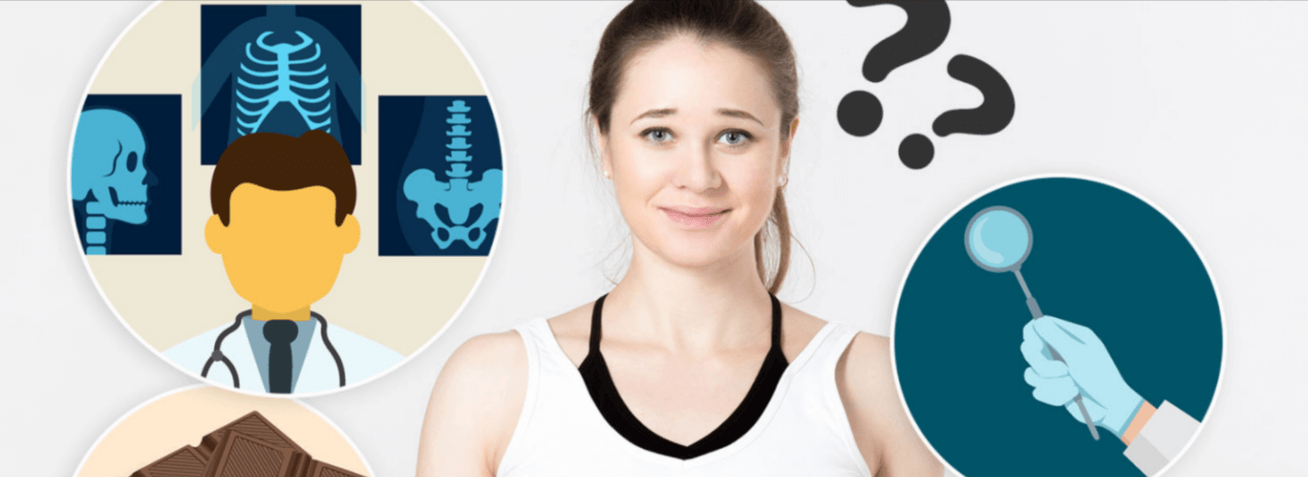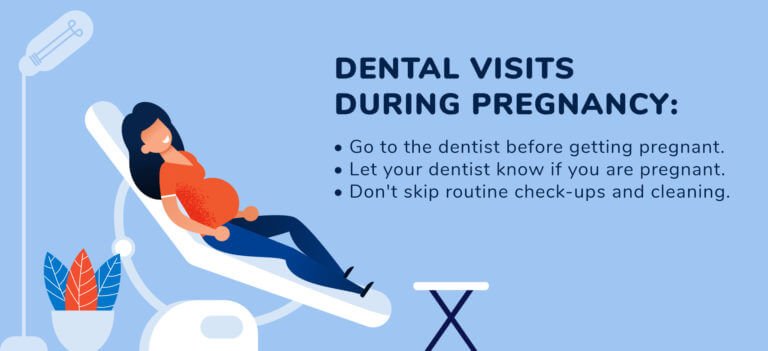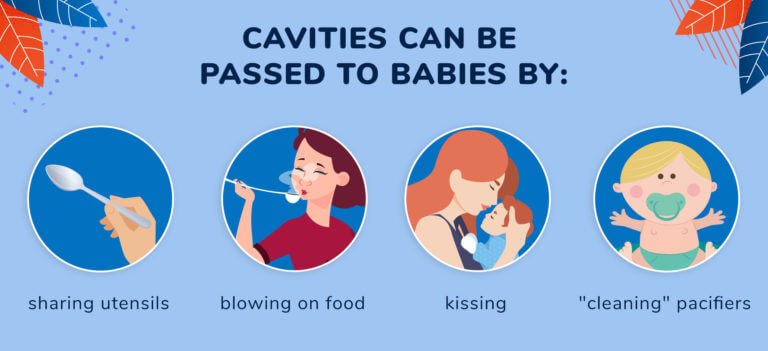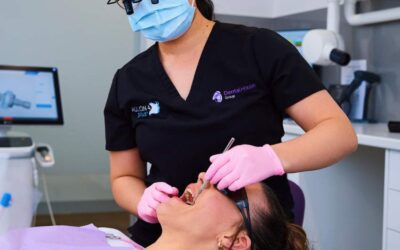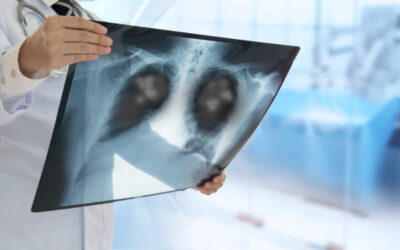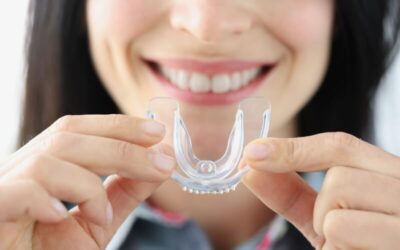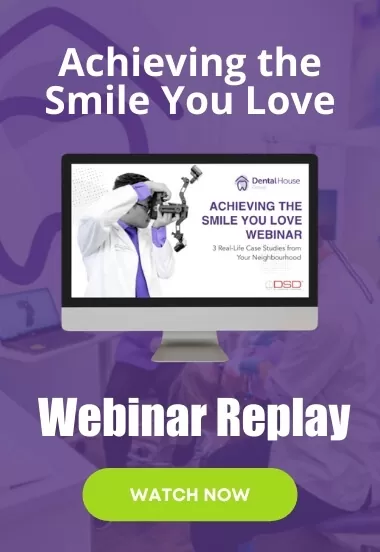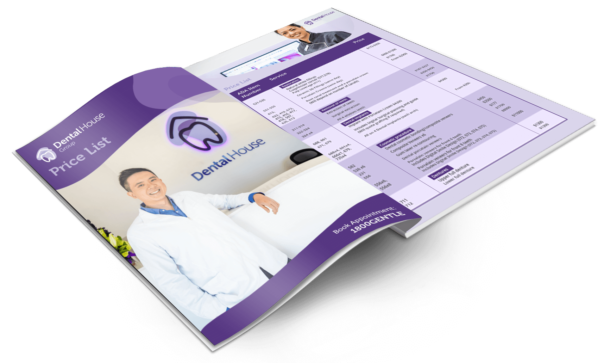Pregnancy & Oral Care: 20 Myths, Facts & Stats
Pregnancy & Oral Care: 20 Myths, Facts & Stats
It’s no secret that pregnancy changes women’s bodies. But does it affect teeth? Are there any important oral hygiene habits to practice while expecting? What are the dental DOs and DON’Ts during pregnancy?
We explored the awareness of both men and women about some of the most popular myths and facts on the topic “Pregnancy & Oral Care”. Let us walk together through the results and find out:
- Can you go to the dentist while expecting?
- Are X-Rays forbidden during pregnancy?
- Can local anesthetics affect the baby negatively?
- Does pregnancy gingivitis exist?
#1: It’s okay for pregnant women to ignore bleeding gums:
MYTH
The majority of respondents – 57.3% – (strongly) disagree with the statement. Women are even more definitive than men.
And we hope it comes as no surprise that it’s not okay to ignore bleeding gums – not during pregnancy, not ever. Bleeding gums can be a sign of gum disease which in its more serious form can lead to gums pulling away from teeth, having bad breath, bone is lost, and teeth getting loose or falling out. In addition, “pregnancy gingivitis” might occur while expecting, so it’s certainly not an issue to be dismissed.
#2: Women’s oral health is at risk during pregnancy:
FACT
¾ of respondents claim that being pregnant might lead to having oral health problems. Parents are even more convinced of this statement’s authenticity with 82% of them agreeing, compared to 60% of non-parents.
The reality: Pregnancy does not automatically damage your teeth. However, increased hormones during pregnancy can affect the body’s response to plaque. The risk of gum disease and tooth decay might get higher due to increased carb intake, morning sickness, and other influencing factors. With proper at-home hygiene and dental visits, though, pregnant women’s teeth can remain healthy.
#3: Dental procedures can be performed during pregnancy:
FACT
77.6% of respondents believe there is no problem for a pregnant woman to go to the dentist, and not only for check-ups.
Despite pregnancy being related to many fears, common notions, and advice from the more experienced ones, sometimes the best you can do is turn to professionals. Necessary treatments during pregnancy are important to help prevent infections or other problems, and a good dentist can certainly estimate the risks.
#4: Newborn babies can’t have tooth decay bacteria:
MYTH
We detected some discrepancy here. Only 14.4% of respondents claimed this statement is a myth. Which is, in fact, the truth.
Bacteria can be transmitted from mothers to their babies, e.g. when kissing or blowing on hot food/ milk before feeding the baby. What does it mean? Well, believe it or not, cavities can be contagious.
#5: X-Rays should be avoided during pregnancy:
SO–SO
It looks like the largest part of survey participants – 69.7% – consider X-Rays dangerous for pregnant women. Old myth or proven fact?
Dental X-rays are actually considered safe for pregnant women but are avoided unless necessary. If a woman who’s expecting has an infection, it’s better to treat it than to risk the baby contracting it. Talk with your dentist if you are experiencing a toothache and be assured to wear a lead apron (usually two) with a thyroid collar for protection prior to taking the X-Ray.
#6: If a woman is pregnant, she can skip dental check-ups:
MYTH
A little over half of the respondents (52.7%) don’t think that being pregnant means not going to routine dental check-ups.
The fact is that even if you can reduce the risk of dental issues during pregnancy through proper brushing, flossing, and rinsing, it’s still important to visit a dental professional for regular examinations and cleanings. Even small issues, when left untreated, can have an impact on your and your baby’s health.
#7: Future mothers’ oral health doesn’t affect their babies:
MYTH
More people (46.1% of all) believe that a mother’s oral health can have an influence on her developing baby.
And that’s indeed true. Future mothers and their babies are more connected than it might look like. Therefore, women with severe or moderate gum disease are at a higher risk for low birth weight and early deliveries.
#8: Pregnancy leaches calcium from the mother’s teeth:
SO–SO
The majority of respondents (53.6%) agree with this statement. A significant share (41.6%) seem to be undecided on this topic, though. And rightly so.
Calcium is essential for building a baby’s teeth and bones but the primary source of it should be the diet of the expectant mother, not her body. If the food calcium intake is insufficient, only then it might be leached from the mother’s bones. That’s exactly how important nutrition is.
#9: Dentists must be informed if a patient is pregnant:
FACT
Here survey participants are categorical: 95.1% say that a dental professional must be aware of their patient is pregnant.
Why is that needed? Pregnancy may affect your dental care. Your dentist might decide to postpone certain services, e.g. the ones that request general anesthesia or take precautions to ensure your and your baby’s safety.
#10: It’s okay to consume more sugary foods as the baby wants it:
MYTH
Here respondents seem to be split between “you should eat for two” and “sugary foods are bad”. The largest group (40.8%) cannot decide if this is a myth or a fact, followed by 32.6% of respondents who agree with the statement.
In fact, sugary foods are never good for teeth. And not only. Researchers from Queen Mary University of London found that children of mothers-to-be who consumed more free sugars (soda, jams, cakes, cookies, fruit juices) during pregnancy, “were 73% more likely to be diagnosed with allergies to two or more allergens and 101% more likely to have allergic asthma”. Tip: Make sure you try to replace free sugars with healthier alternatives!
#11: Local anesthetics affect the baby negatively:
MYTH
Tale as old as time… Are anesthetics good or bad? Although many survey participants cannot classify this statement as a myth or a fact, a little over 50% of them consider local anesthetics risky for the baby.
If you’re pregnant and need a filling or a root canal treatment, you don’t have to worry about the safety of the numbing medications your dentist may use. A study published in August 2015 followed a group of pregnant women who underwent treatments with anesthetics like lidocaine shots and a group that didn’t. The results show no difference in the rate of miscarriages, congenital disabilities, prematurity or weight of the baby. “Our study identified no evidence to show that dental treatment with anesthetics is harmful during pregnancy,” said study author Dr. Hagai.
#12: Vomiting can damage teeth:
FACT
The majority of respondents (49.8%) agree with this statement.
Morning sickness can indeed be a threat to your oral health while expecting. The keyword: acids. Gastric reflux or vomiting associated with morning sickness can coat your teeth with strong stomach acids that can damage tooth enamel and increase the risk of tooth decay.
#13: It’s better to brush teeth immediately after vomiting:
MYTH
No doubts here, as 86.4% confirm they think so. But would professionals agree as well?
Not really. When used immediately after vomiting, your toothbrush may scratch the tooth enamel as the teeth are still covered in stomach acids. Experts advise waiting an hour before brushing.
#14: Rinsing with water after vomiting helps wash the acid away:
FACT
The main group of respondents (88.4%) believe that using mouthwash after vomiting can help mothers-to-be get rid of the acid and protect from cavities.
And they are right. Rinsing your mouth thoroughly with plain tap water and following up with a fluoridated mouthwash is the recommended way to go. Tip by professionals: If you don’t have a fluoridated mouthwash, use a fluoridated toothpaste to smear it over your teeth and rinse thoroughly with tap water.
#15: Women lose a tooth with each baby:
MYTH
Watch out, as this ancient myth is getting busted now by 56.9% of survey respondents. Women are even more certain in its falsity, with 63.4% disagreeing.
Losing a tooth is not a normal part of pregnancy, and if it happens, you’ve likely had an existing dental problem before getting pregnant. However, according to the Mayo Clinic, you may feel your teeth loosen as progesterone and estrogen can weaken the bones and ligaments that keep your teeth in place, even if you don’t have gum disease. Talk to your dentist to check what is the case.
#16: If trying to get pregnant, women are advised to schedule a dental check-up:
FACT
Over 70% of people believe women should visit a dentist before getting pregnant.
And this is the advice of experts as well. Going to a dental check-up before conceiving might save you from future problems. Make sure you solve all issues upfront so that you can avoid infections during pregnancy.
#17: Dental disease can affect a developing baby:
FACT
Although 36.8% of respondents are unaware of whether this is true or false, most (57.5%) still believe in it.
Babies are not born with the bacteria that cause cavities but can be infected by their parents or caregivers, most often through saliva.
#18: Pregnancy gingivitis exists:
FACT
People seem to be split between “Yes” and “I don’t know” on this question.
The fact: Yes, pregnancy gingivitis is a real thing. Progesterone, which commonly spikes during pregnancy, stimulates the production of prostaglandins. In return, they cause inflammation of the blood vessels in the gum tissue and might lead to “pregnancy gingivitis”. This condition usually subsides after pregnancy.
#19: It’s okay to stop brushing teeth during pregnancy in case of gagging:
MYTH
More than half of respondents do not think that gagging is serious enough to stop brushing teeth because of it. Women are even more confident with 70.7% of them disagreeing with this statement.
During pregnancy a lot of things can make you gag, try to figure out what works best for you. Change your toothpaste, use another brush, brush at different times of the day, swish and spit a few times while brushing. There are many tactics you can try but giving up on brushing and keeping all those acids on your teeth is never really a healthy solution.
#20: Pregnant women’s eating habits affect their babies’ teeth:
FACT
The majority of survey participants (55.5%) believe that future mothers’ food choices have an impact on their babies’ oral health. A curious fact is that more women than men disagree with this statement – 17% against 9.9%.
Your baby’s teeth start developing between the third and sixth months of pregnancy, and healthy food can help them form correctly. Pay attention to the recommended nutrients – vitamins A, C, and D, protein, calcium, phosphorous, folic acid.
To read the original article, click here.
Author: Donika Kraeva
Note: All content and media on the Dental House website and social media channels are created and published online for informational purposes only. It is not intended to be a substitute for professional medical advice and should not be relied on as health or personal advice.
More Dental Articles
Red, Red Wine: Is It Beneficial For Oral Health?
Is red, red wine beneficial for our oral health? Or does it just feel good at the time & if you overdo it you feel like cr*p the next morning…
Detecting Oral Cancer Is Given The Brush
In 2020, Oral Cancer accounted for almost 380,000 cases, and 180,000 deaths globally. It’s on the increase with diagnosis incidents…
Could The Surge In Pneumonia In Children Be Related To Their Teeth Brushing?
Kids and teenagers are not self-maintaining, and nor is their oral health. Teeth brushing: spend time with it frequently…
What Is Dental Sleep Medicine? It’s Not Sleep Dentistry
Dental Sleep Medicine is the intersection of dentistry with issues affecting sleep. Snoring, sleep apnoea, & related breathing disorders…


